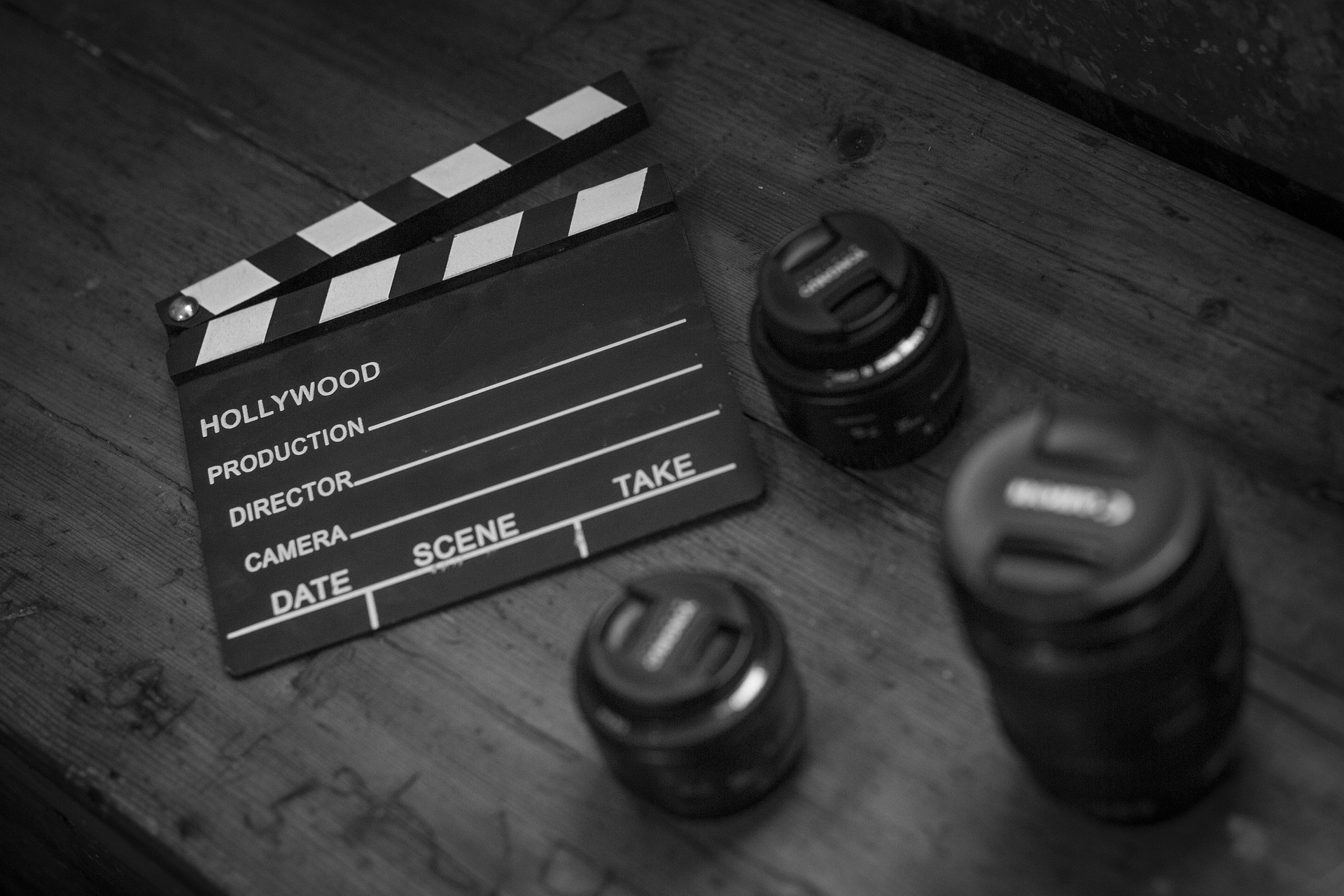The Power of Perfumery: Scents and Their Role in Beauty and Culture
Perfumery, the art of creating fragrances, has a long history that is deeply intertwined with the evolution of beauty, culture, and society itself. From ancient civilizations to modern times, perfumes have not only been a way to enhance personal aroma, but also a medium of expressing identity, status, and mood. The role of perfume has shifted and evolved over the centuries, reflecting societal changes and influencing beauty norms. This article delves into the fascinating world of perfumery, its historical significance, current trends, and future prospects.

A Fragrant Journey Through Time
The origins of perfumery trace back to the ancient civilizations of Mesopotamia and Egypt, where incense and aromatic oils were used for religious rituals and as a part of daily life. The Greeks and Romans further developed this art form, associating different scents with gods, seasons, and events. In the Middle Ages, perfumes were believed to ward off illness, while during the Renaissance, they became a symbol of luxury and refinement.
Perfumery took a significant leap in the 19th century with the advent of synthetic compounds. This allowed perfumers to create a wider range of fragrances, revolutionizing the industry and making perfumes more accessible. Today, the perfume industry is a multi-billion-dollar global enterprise, with scents playing a crucial role in the beauty and personal care sector.
The Cultural Significance of Scents
Perfumes have always been more than just a pleasant scent. They carry cultural, social, and personal significance. In many cultures, certain scents are associated with specific rituals or events. For example, in India, the scent of jasmine is often associated with weddings, while in Japan, incense is used in Buddhist rituals.
Moreover, perfumes can also be a form of self-expression, reflecting one’s personality, mood, or the image they wish to project. A bold, strong aroma can convey confidence, while a soft, floral scent may suggest a more reserved, delicate personality. Perfumes can also evoke memories or emotions, making them a powerful sensory experience.
Current Trends and the Impact of Perfumery
Today’s perfume industry is marked by a blend of tradition and innovation. While classic scents continue to be popular, there is a growing demand for unique, personalized fragrances. This has led to the rise of niche perfumery, which focuses on creating unconventional scents that defy traditional classifications.
The impact of perfumery extends beyond beauty and personal care. It also contributes to the economy, creates jobs, and drives innovation in related fields such as chemistry and biotechnology. Furthermore, the perfume industry influences fashion, lifestyle, and pop culture, with celebrity-endorsed fragrances becoming a common marketing strategy.
Unusual Scents and The Reception
In recent years, there has been a trend towards unusual, even daring scents. Perfumers are experimenting with unexpected ingredients like seaweed, leather, or even metallic notes, challenging traditional notions of what a perfume should smell like. This trend reflects a shift in societal beauty norms, with consumers seeking to break away from convention and express their individuality.
However, these unconventional scents are not always well-received. Some find them intriguing and refreshing, while others view them as too avant-garde. This divide underscores the subjective nature of scent, and how personal and cultural factors influence our perception of beauty.
The Future of Perfumery: Sustainability and Inclusivity
Looking forward, sustainability and inclusivity are emerging as key themes in the perfume industry. Consumers are increasingly conscious of the environmental impact of their purchases, leading to a demand for eco-friendly, ethically sourced fragrances. Brands are responding by exploring sustainable ingredients and packaging, as well as transparency in their supply chains.
Inclusivity is another important trend, with a growing recognition that perfumes should not be gendered. Unisex fragrances are gaining popularity, reflecting a broader societal shift towards gender fluidity and breaking down traditional gender norms.
In conclusion, perfumery is much more than the art of creating pleasant smells. It is a reflection of our history, culture, and societal norms. As we move towards a more sustainable, inclusive future, perfumery continues to evolve, shaping and being shaped by our notions of beauty.





